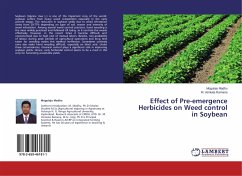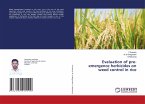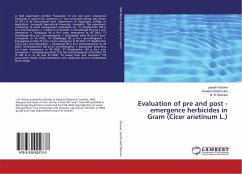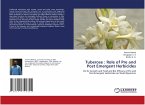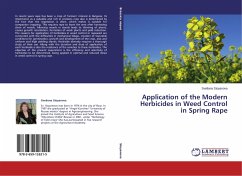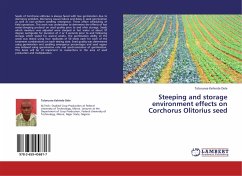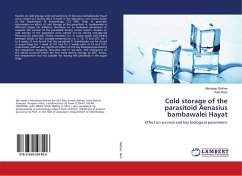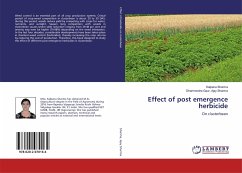Soybean (Glycine max L.) is one of the important crop of the world. soybean suffers from heavy weed competition especially in the early growth stages. The reduction in soybean yields due to weed infestation varies from 20-77% depending on type of soil, season and intensity of weed infestation. Among several weed control practices, hand weeding is the most widely practiced and followed till today, as it controls the weeds effectively. However, in the recent times it became difficult and uneconomical due to high cost of manual labors. Besides, non-availability of labour during peak periods of agricultural operations and long time taken for weeding makes this method ineffective. Sometimes untimely rains also make hand weeding difficult, especially on black soils. Under these circumstances, chemical control plays a significant role in improving soybean yields. Hence, early herbicidal control seems to be a must in this crop for harvesting acceptable yields.
Hinweis: Dieser Artikel kann nur an eine deutsche Lieferadresse ausgeliefert werden.
Hinweis: Dieser Artikel kann nur an eine deutsche Lieferadresse ausgeliefert werden.

